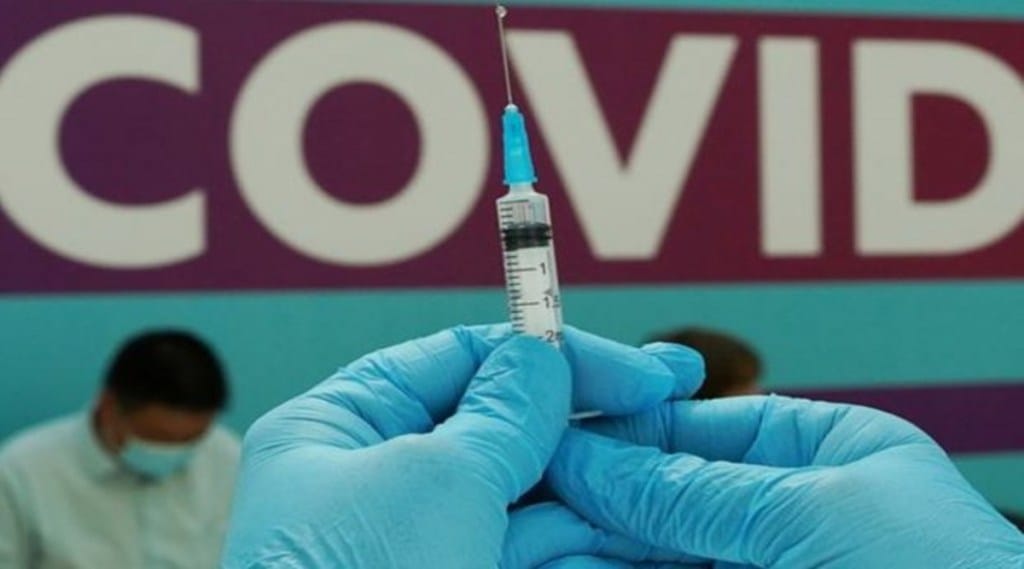At a time Covid-19 is resurging in Southeast Asia and parts of Europe, the provisional deal for a temporary trade-related intellectual property rights waiver at the World Trade Organisation should be welcomed. Four members, notably, the US, European Union, India and South Africa have agreed on a deal to waive patent rights for Covid-19 vaccines (and not drugs and diagnostic devices) up to five years. Although this is a diluted version of India and South Africa’s proposal floated in October 2020, the temporary waiver does help in addressing the shortfall in production and availability of vaccines for the Global South as it enables countries to produce and export low-cost Covid vaccines without the prior consent of the patent holder. The current deal also has a clause that the waiver would apply to developing countries that have not exported more than 10% of Covid-19 vaccines in 2021. Contrary to earlier apprehensions of being edged out of this agreement, India does make the cut as its share of exports was 2.4% as of January 2022 according to WTO-IMF’s Covid-19 vaccine trade tracker.
This agreement—which will become official only when it is endorsed by every one of the 164 members of the WTO—is vital to address the considerable inequity in access to vaccines for low-income countries, especially in Africa. There is no doubt that a faster roll-out of vaccines will help fight the Covid-19 pandemic that has so far afflicted 466 million plus people globally. While 63.8% of the world’s population has received at least one dose of vaccine, mostly in developed countries, only 14.1% of people in low-income countries have received at least one jab according to Our World in Data. A temporary patents waiver will boost production of low-cost Covid vaccines for such less vaccinated countries.
Scientists warn that new variants are likely in the future if low-income countries remain unvaccinated. “Delta arose out of an unvaccinated population in India in 2021. Then Omicron arose out of an unvaccinated population in southern Africa later in the year, and as long as we refuse to vaccinate the world’s low and middle income countries, Mother Nature will continue to deliver horrible new variants of concern” stated Dr Peter Hotez, Dean, Baylor College of Medicine’s Tropical Medicines School and Chair at Texas Children’s Hospital, in an interview to The Hindu.
To be sure, there are challenges as vaccines take more time to produce, considering the limited manufacturing facilities in the developing world and global supply chain issues. Although big pharma has resisted a waiver as it discourages innovation and reduces profits, a few leading companies have responded positively with licensing agreements to vaccine manufacturers in India and South Africa. Baylor is a shining example in this regard as it is transferring production technology to produce protein sub-unit Covid vaccines to companies like Biological E in India, Bangladesh, Indonesia and Botswana. A fruit of this transfer is Corbevax which is being administered for children aged 12-18 years. Moderna’s president has stated that the company is “quite studiously not asserting infringement” of patents.
As many as 19 Indian firms have signed a licensing pact to produce generic versions of Pfizer’s oral Covid drug. BioNTech, the originator of Pfizer’s vaccine, has unveiled plans to ship labs in containers to African countries to ramp up supplies of its mRNA vaccine. All eyes therefore are on whether WTO members unanimously support this provisional deal. At stake is the relevance of the multilateral body in addressing the needs of the Global South. At stake is the protection of billions of people in low-income countries from an once-in-a-lifetime pandemic.

